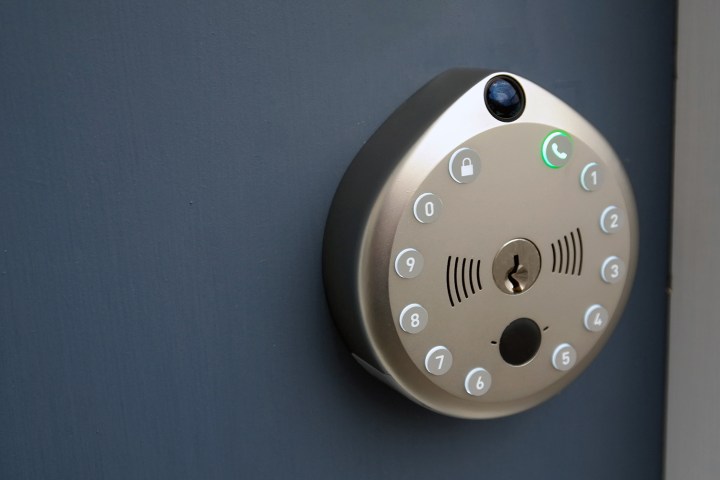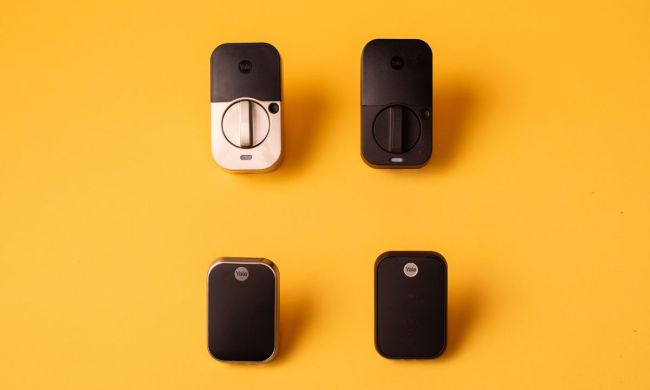
Smart home security devices are getting more and more common, in part because they are becoming more affordable, accessible, and convenient. New research from Parks Associates shows that smart locks may be the next major security purchase that American households make. As many as one in four homes in the United States plan to purchase a smart door lock within the next 12 months, according to Parks Associates’ findings.
According to the study, about 35 percent of U.S. households with broadband access now find smart locks to be affordable, making it more likely that they will integrate one of the devices into their homes. That is in part because smart locks have moved from devices made by startups to a common offering from the biggest lock manufacturers on the market. Big players including Schlage, Yale, and Kwikset all have smart lock offerings, as do upstarts like Latch, LockState, and Array by Hampton.
“Market dynamics are setting up the smart door lock market for growth,” Denise Ernst, vice president of Parks Associates, said in a statement. “In addition to security, smart locks provide peace of mind and convenience through access control and notifications of use. These smart home solutions can also expand their capabilities by integrating with smart speakers with voice assistants, adding to the positive user experience.”
Partnerships with other companies, like Latch’s agreement with UPS that allows in-home deliveries, may also help to drive more people to adopt these devices. Likewise, Amazon’s interest in offering safer delivery options designed to prevent package theft may also help drive people to smart locks. By adding convenience in addition to safety, smart locks may become more appealing for the average family and may become a more viable option over a standard lock.
“Many innovative builders are starting to include built-in smart home solutions in their models,” Ernst said. “Smart door locks are an easy and obvious addition to new homes and multifamily constructions, so partnerships with homebuilders and real-estate developers will have significant implications in broadening the user base.”
Of course, any internet-connected security device will have some concerns for consumers. The recent spate of Nest security camera hacks may make some consumers wary to add connected technology to their home for fear the devices may just make them vulnerable in a different way.


